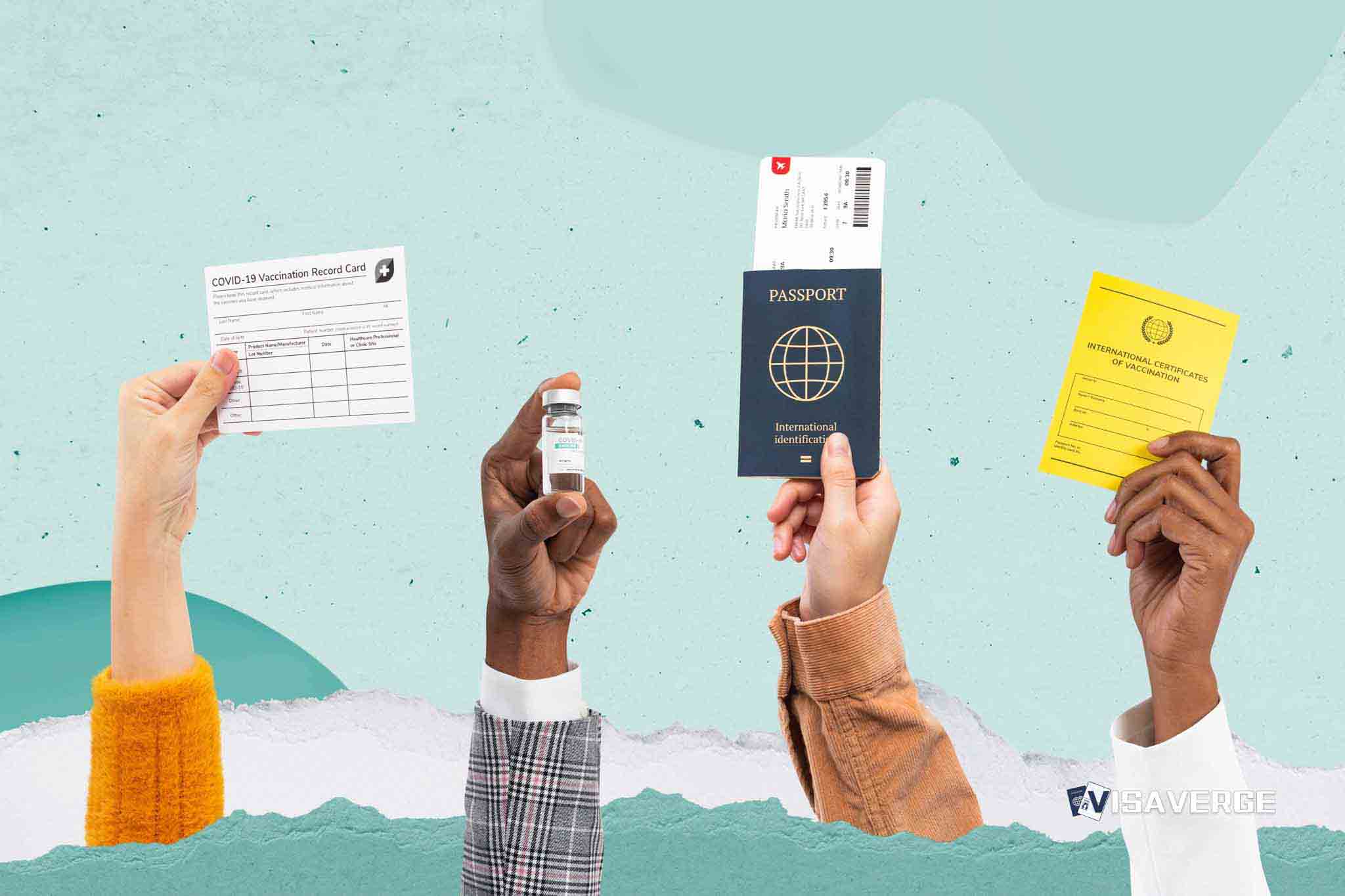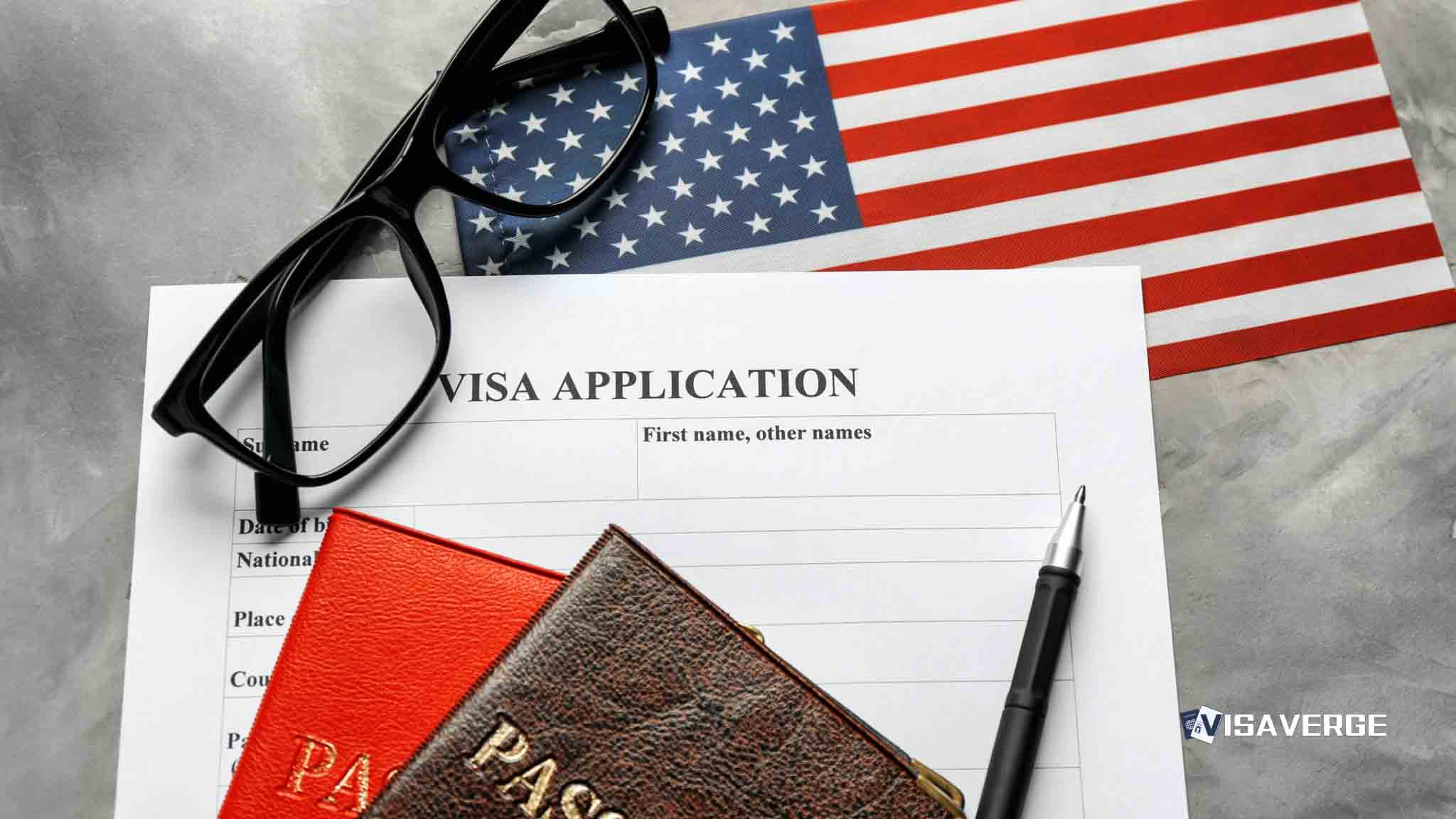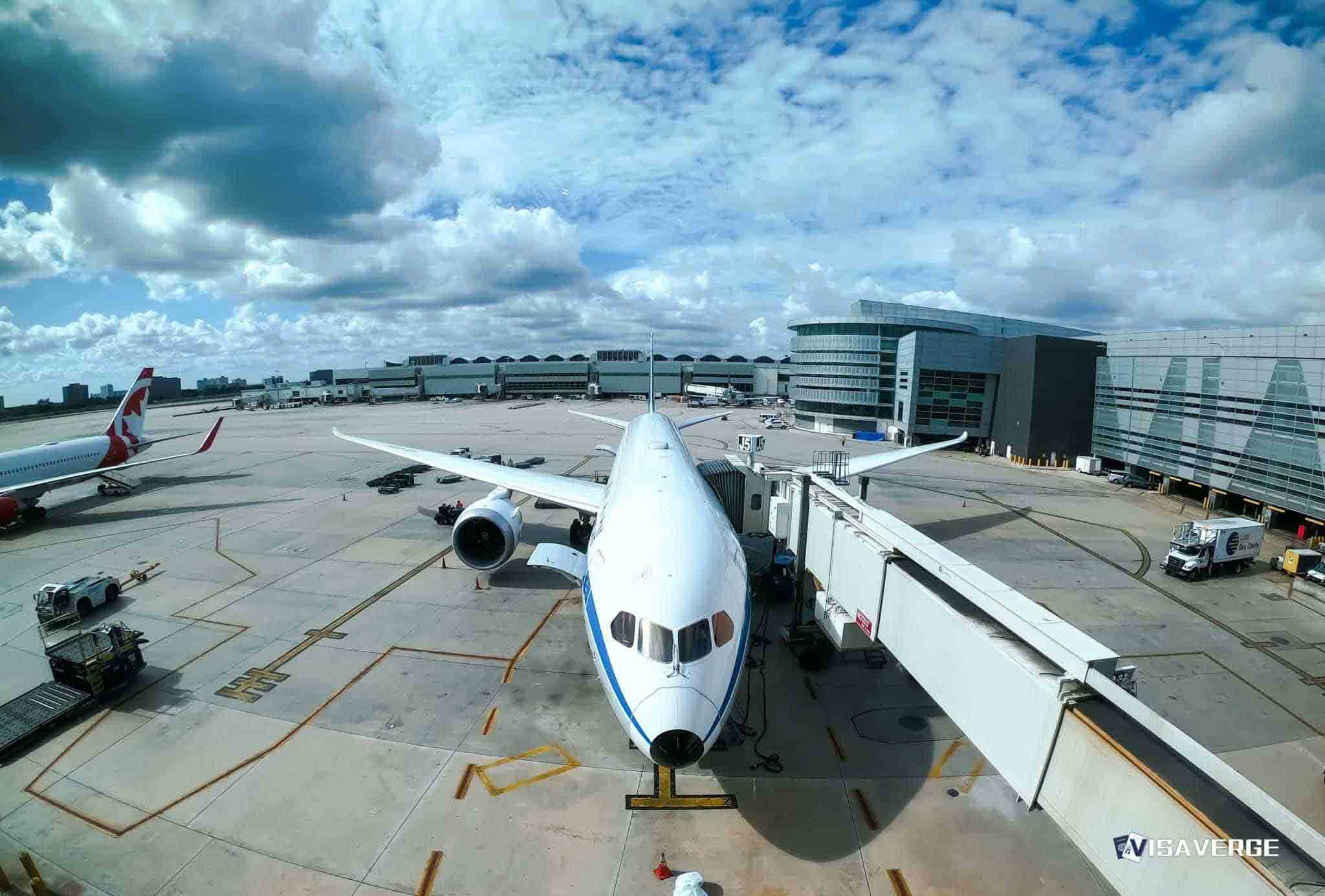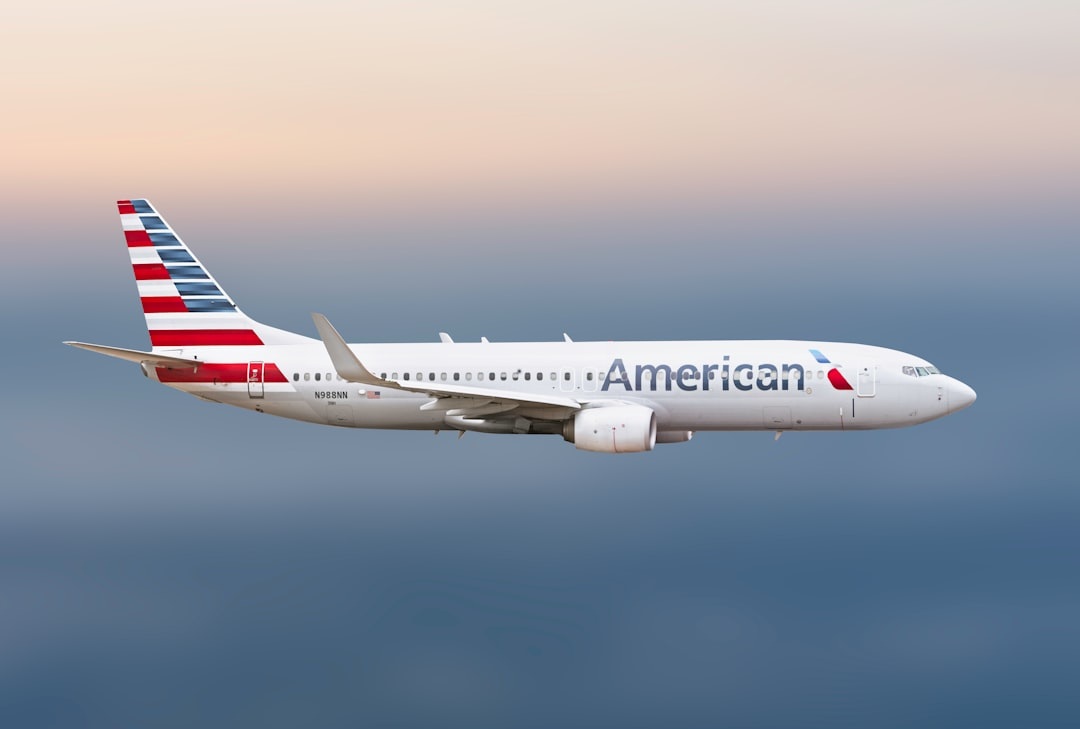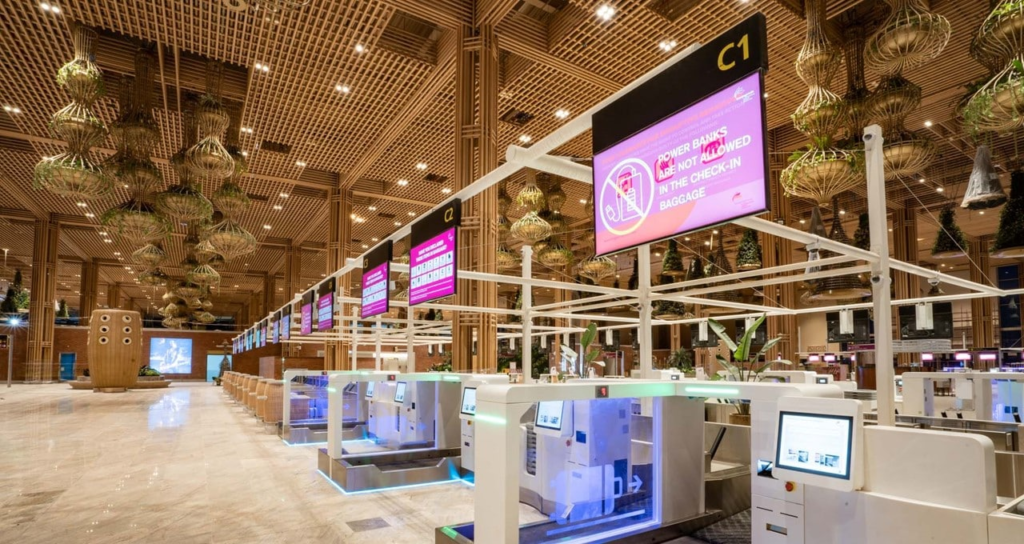Key Takeaways
• Conciliation process began in May 2025 after negotiations between Air Canada and CUPE broke down.
• Flight attendants debate low pay, unpaid work, and demand labor law updates to eliminate “free labor.”
• Earliest legal strike by flight attendants could occur in August 2025 following Canada Labour Code steps.
Tension is building between Air Canada and its flight attendants, as their union and the airline struggle to agree on a new labor contract. The threat of a strike looms for 2025, raising questions for travelers, workers, and the wider Canadian aviation sector. Let’s break down what’s at stake, the timeline, and how this situation could affect people both in and outside of Canada.
Contract Talks Hit a Wall
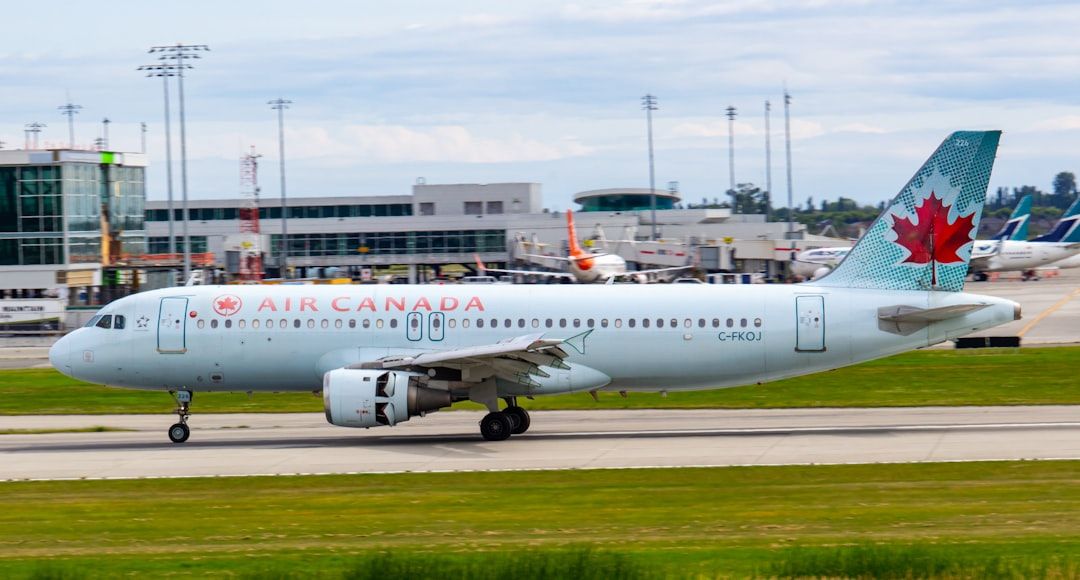
The main issue starts with the breakdown of talks between Air Canada and the Air Canada Component of the Canadian Union of Public Employees (CUPE). This union is powerful, representing about 10,000 flight attendants from both Air Canada and Air Canada Rouge. Their main role is to look after the interests and working conditions of the flight attendants who serve thousands of passengers each day.
In March 2025, the last collective agreement between Air Canada and the flight attendants expired. This contract had set the rules for pay, working hours, time off, and more for nearly a decade, having been active since 2015.
Negotiations began soon after, but by May 2025, both sides had hit a major snag. After months of trying to find common ground, the union announced it had filed for “conciliation” with Canada’s federal minister of labour. In simple terms, this means they’ve asked the government to help them work things out, because their own talks got stuck.
What Are the Main Sticking Points?
Pay That Doesn’t Cover the Basics
At the heart of the issue is compensation. The union strongly believes that Air Canada’s entry-level pay for flight attendants simply isn’t enough. According to their facts, a new, full-time flight attendant earns just about $1,951.30 a month. Union leaders argue that this amount makes it tough—if not impossible—to keep up with basic costs like rent, food, transportation, and other everyday needs in today’s economy. This financial squeeze is even sharper in cities where living costs are especially high.
Hours Worked but Not Paid
Another major issue is “unpaid work.” The flight attendants’ union says that on average, these workers put in about 35 hours each month performing vital tasks for which they receive no pay. Some of the duties that go unpaid include:
- Boarding and deplaning the aircraft—when passengers get on and off the plane
- Helping travelers with reduced mobility who need extra support to move around
- Carrying out pre-flight safety checks to make sure planes, passengers, and crew are ready and safe
Since April 2023, the union has pushed the “Unpaid Work Won’t Fly” campaign. Their goal is to fix loopholes in the Canada Labour Code—the set of federal rules that control jobs like this—that let airlines get free labor from flight attendants. Union leaders argue that these rules need a serious update to protect workers in today’s world.
Other Working Conditions
Members of CUPE want more than just better pay. Their proposals include:
- Improved scheduling systems
- Safer work environments
- Better ways to handle fatigue
- Better retirement security
- Stronger overall working conditions
They say these changes will not only make life better for the flight attendants but also help passengers by making sure staff aren’t too tired to do their jobs safely and well.
How Does a Potential Strike Happen?
You might wonder: how quickly could flight attendants walk off the job, and what steps must happen first?
Canada Labour Code sets clear steps that must be followed when labor talks break down:
Step-by-Step Timeline
- Conciliation Filing: The union files for conciliation—in this case, in mid-May 2025.
- Conciliator Appointment: The federal government generally has about 15 days to appoint a “conciliator.” This official is supposed to help both sides reach a deal.
- Sixty Days of Talks: After they start, the conciliator has up to sixty days to work with the union and Air Canada. During this window, talks are supposed to be more focused and urgent.
- Cooling-Off Period: If these talks don’t lead to a deal, there’s then a mandatory 21-day “cooling-off period.” No strikes or lockouts can happen during this time, giving everyone more space to reflect.
- Strike Vote & Notice: If there’s still no agreement when the cooling-off ends, the union can hold a strike vote. If the vote passes, the union then has to give at least 72 hours’ notice before any job action—meaning a strike could legally begin.
Based on when conciliation began, the earliest a strike could hit is around August 2025.
Where Does Air Canada Stand?
Through all this, Air Canada’s public statements sound calm. The company says it is “committed to achieving a fair, negotiated agreement with CUPE under the normal bargaining process set out under the Canada Labour Code.” According to company officials, they have been “working hard and in good faith” since talks started at the beginning of the year.
One big talking point is the pay system. Some airline companies only pay flight attendants when the airplane is actually moving (“block time”), not when they are at the airport before or after a trip. Air Canada spokesperson Peter Fitzpatrick has said that this approach is common at airlines around the world. Still, he points out the company is “certainly open to discussing this matter with the union as part of a broader dialogue regarding overall compensation.” This tells us there could be room for new ideas or changes—but only if both sides are willing.
For nervous travelers, Air Canada has given reassurance, saying customers can “continue to book and travel with confidence” as the federally mandated conciliation process unfolds. In other words, they don’t expect any sudden strikes while talks are still happening.
As reported by VisaVerge.com, both Air Canada and the union are staying at the bargaining table for now, but the threat of a strike is real if things do not improve.
Why Does This Matter for Everybody?
While this conflict clearly affects Air Canada and its flight attendants, the outcome spills out to touch:
Passengers
If there’s a strike, flights may be canceled or delayed, especially during the busy summer season or holidays. This could leave thousands of travelers scrambling for new plans. Some may miss important work events, family reunions, or special vacations. Even those who don’t fly much may feel the pinch if higher costs or tighter security rules kick in.
Businesses and the Canadian Economy
Air Canada is the nation’s top airline and a key player in moving people and goods across Canada 🇨🇦 and abroad. Any service gap could disrupt everything from business meetings to supply chains, hurting companies both big and small. Tourism might take a hit, too, especially if people from other countries postpone or cancel visits.
The Broader Aviation Sector
Other airlines, airport staff, baggage handlers, and maintenance crews could all feel the fallout from an Air Canada strike. If flights get delayed or halted, so does the work for many support services. Airports that rely heavily on Air Canada’s business may see fewer travelers and less revenue.
Immigration and International Travelers
For newcomers to Canada or people flying in for student programs, work, or family reunions, a strike could mean visa deadlines are missed or entry plans upended. Migrants who rely on flying for their job search or to connect with family could face serious problems.
The Bigger Picture—Why Are Flight Attendants So Upset?
The fight for better working conditions is not new in the airline world. Across the globe, flight attendants have often argued that their jobs are more stressful and demanding than outsiders realize.
Many of their main complaints—like long hours, unpredictable schedules, exposure to health risks, and tough customer service demands—are made harder by low pay and unpaid tasks. When attendants must show up early and perform safety checks or stay after flights to help passengers, but don’t get paid for these times, feelings of unfairness grow.
CUPE’s “Unpaid Work Won’t Fly” campaign aims to put this issue in the spotlight and push lawmakers to fix rules in the Canada Labour Code. They want these efforts recognized and fairly paid so that the job is more attractive and sustainable. Without changes, unions worry that skilled flight attendants may leave the industry, making things worse for those who stay.
How Has This Playbook Worked in the Past?
Canada has seen labor showdowns at airlines before, though not always with strikes. In past years, the federal government has sometimes stepped in—with everything from appointing mediators to passing back-to-work legislation—to keep planes flying. This time, the hope is that both sides can still agree before things get that drastic.
International experience also shows that long, public strikes can seriously damage a brand’s reputation and erode trust. On the other hand, if unions manage to secure better pay and protections, it sometimes sets a new standard for workers at other airlines.
What Should Travelers and Workers Watch For Next?
With the clock ticking, here’s what to keep an eye on:
- Updates on Bargaining: Both Air Canada and CUPE will release updates as they meet with government-appointed conciliators.
- Strike Vote Announcements: If talks fail, the union must hold a strike vote before any job action.
- Official Strike Notices: Once the cooling-off period ends, a 72-hour strike notice could make headlines—this is the clearest warning sign that travel disruptions are near.
- Government Actions: In the past, Canada’s federal government has intervened in labor disputes that threaten major disruptions. Possible actions range from mediation support to laws forcing a return to work.
Where Can You Find Trusted Updates?
For travelers who want to keep up to date, checking Air Canada’s official news and media page is a smart move. This website posts all major press statements and travel advisories as soon as they are released.
The CUPE Air Canada Component site also offers updates from the union point of view. By watching both sides, travelers and staff can get the full picture of what’s happening—and how close or far away a strike might be.
Wrapping Up: What’s Next for Air Canada, Flight Attendants, and You?
As the summer of 2025 approaches, all eyes will be on the progress of talks between Air Canada and its flight attendants. With key issues like low pay, unpaid work, and tough job conditions on the line, this conflict has big implications for travel, work, and the Canadian economy.
The next few months will see intense talks, government intervention, and maybe even a vote on a strike. If they don’t reach a deal, the airline could face its first big flight attendant strike in years—something that would shake up travel across the country and beyond.
For now, flights continue as scheduled, but a cloud of uncertainty hangs over plans for the second half of the year. Travelers, businesses, and the workers themselves should watch the timeline, stay flexible, and prepare for possible changes. Whether a strike happens or a new agreement is reached, the outcome will help shape the future of work in Canada’s most important airline for years to come.
Learn Today
Conciliation → A process where a government-appointed mediator helps resolve a labor dispute after direct negotiations fail between union and employer.
Canada Labour Code → Federal law setting employment standards, rules for workplaces, and processes governing strikes or labor disputes across the country.
Collective Agreement → A legally binding contract between a union and employer outlining pay, working conditions, and workplace rights for covered employees.
Unpaid Work → Tasks completed by employees, especially flight attendants, for which they receive no compensation, often due to legal loopholes.
CUPE → Canadian Union of Public Employees, representing many public sector workers including Air Canada’s flight attendants in labor negotiations.
This Article in a Nutshell
Negotiations between Air Canada and its flight attendants’ union stalled, and a strike could happen in August 2025. The main disputes involve low pay and unpaid work. Both sides remain at the bargaining table, but travelers, businesses, and newcomers to Canada may face major disruptions if no agreement is reached soon.
— By VisaVerge.com
Read more:
• Delta sues CrowdStrike over 7,000 canceled flights after tech failure
• Evansville Regional Airport reports surge in laser strikes on aircraft
• Finnair Scraps 110 Flights in Helsinki Airport Strike
• Frankfurt-Hahn Airport Strikes Bold Deal With Somon Air
• Saudi Arabia Strikes Boeing 737 MAX Deal During Trump Visit




